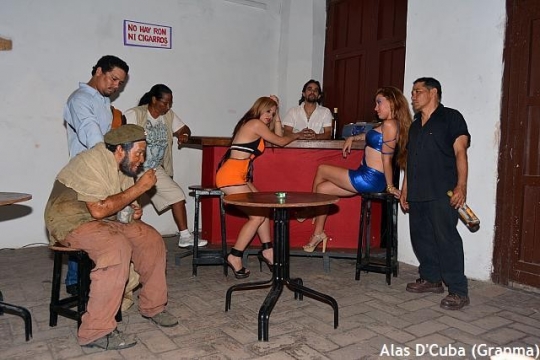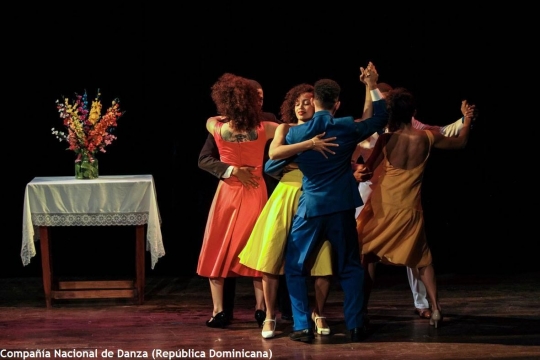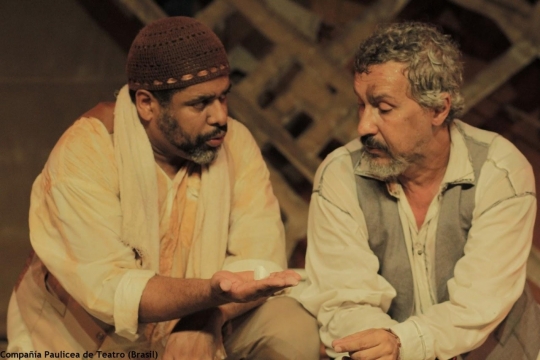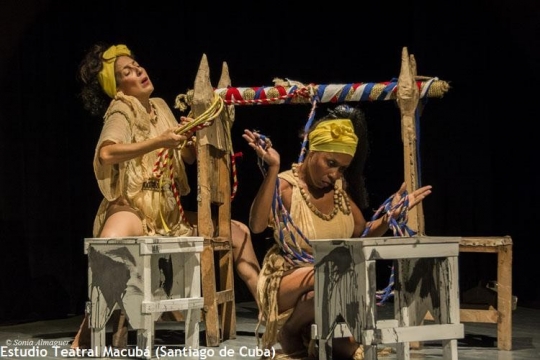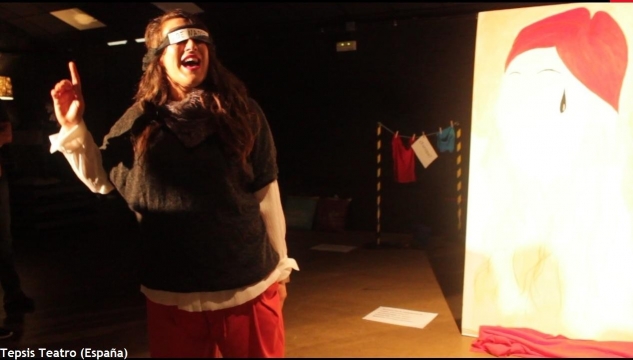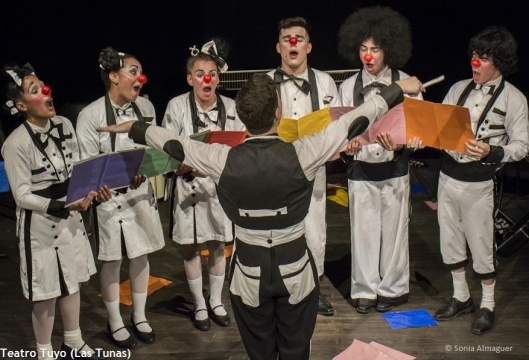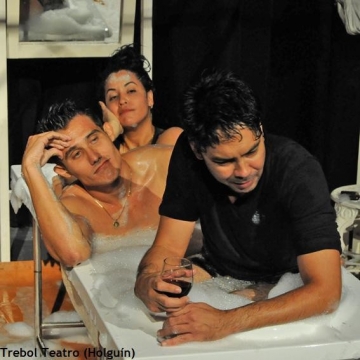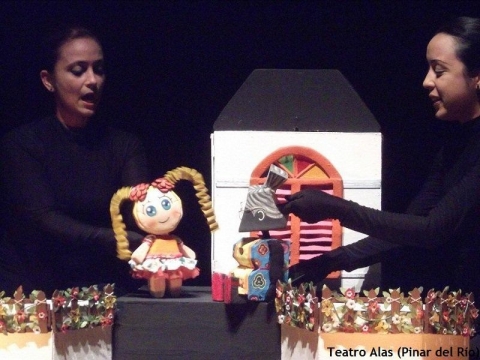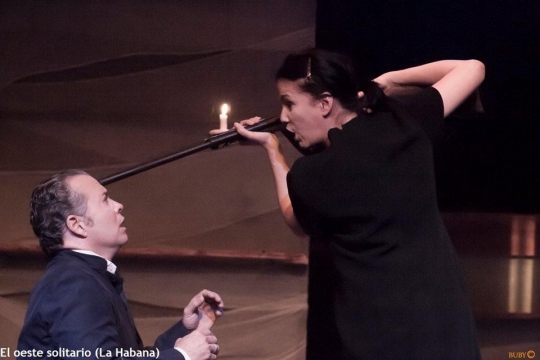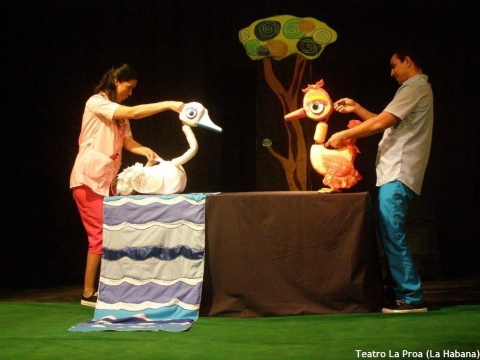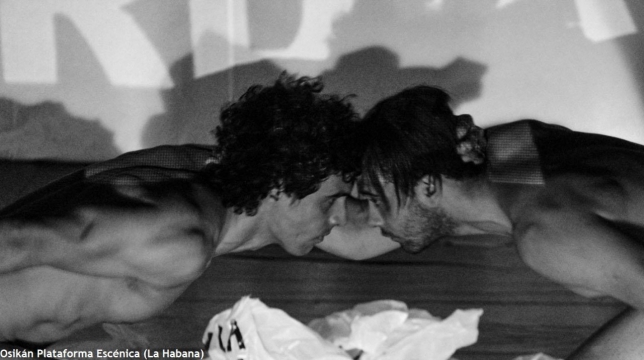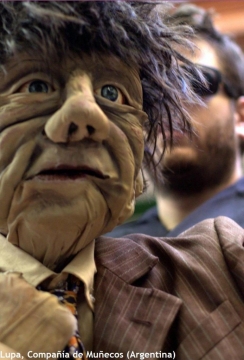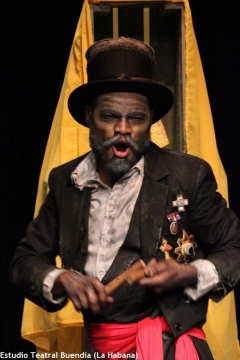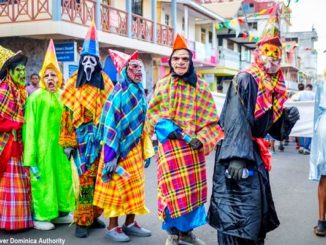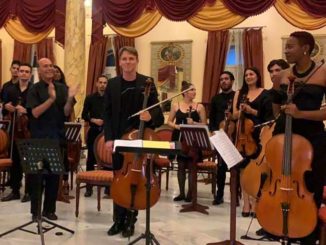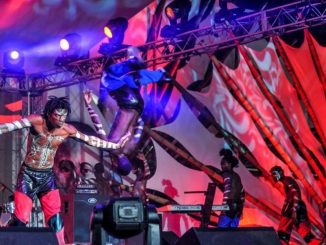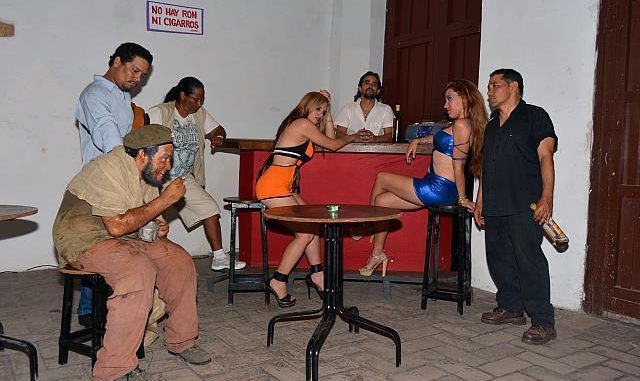
When on Friday, October 20 (National Culture Day in Cuba) the sun will rise in Havana, the entire capital will once again become, as was the case two years ago, the seat of the world’s theatre.
Groups of 10 countries will come to the Cuban capital along with the best of the national stage produced for children and adults in the last two years, with the intention of coexisting different ways of thinking theater in one city and ensuring that each artistic proposal reactivates thought, controversy, passions and why not, creation.
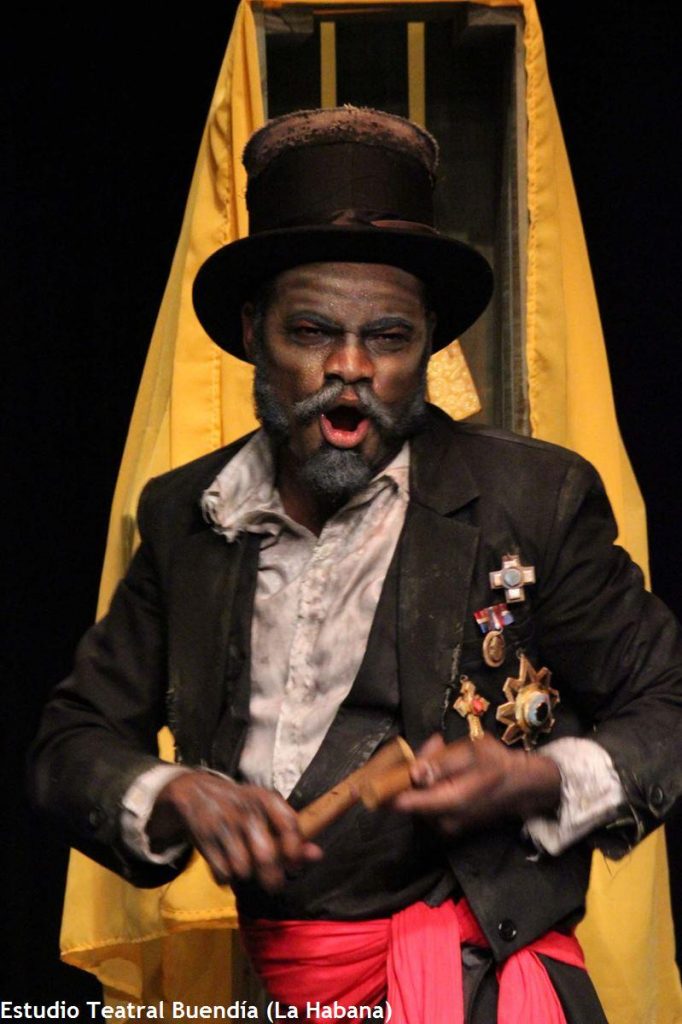
Until October 29, the 17th edition of the Havana Theatre Festival – Festival de Teatro de La Habana (FTH) will take the theatrical circuit of Línea street, squares and rooms in Old Havana with a billboard composed of the modalities: theater for adults; family; streets & plaza; new-authors & spaces-ways; and dance.
For details on the biggest theatrical event that Cuba celebrates, we discussed with Dr. Noel Bonilla-Chongo, curator of the 17th FTH.
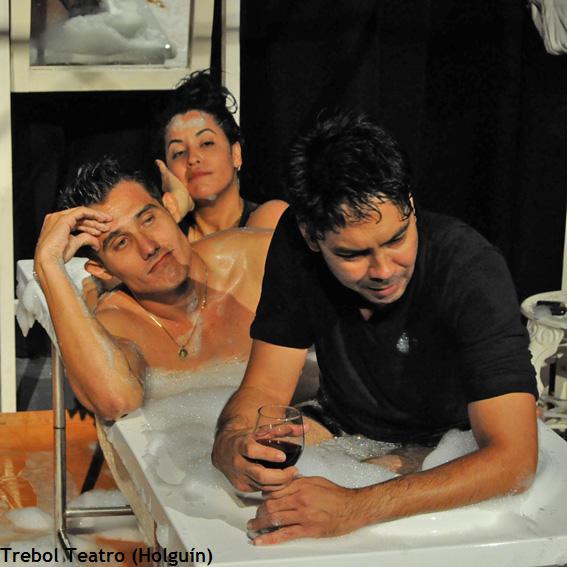
KARICULTURE.NET: First, can we know what or who is honoured in this festival?
Noel Bonilla-Chongo: In this edition there is no specific dedication as it was recurrent at other times; that is why the entire agenda of the event registers many different experiences in their expressive methods.
Dance, dramatic readings, interventions in non-conventional spaces, documentary theater, or proposals more attached to the conventions in their ways of writing. The art of the director and that of the actor, as the voice of criticism and that of those who think the stage become occupational reasons at this time.
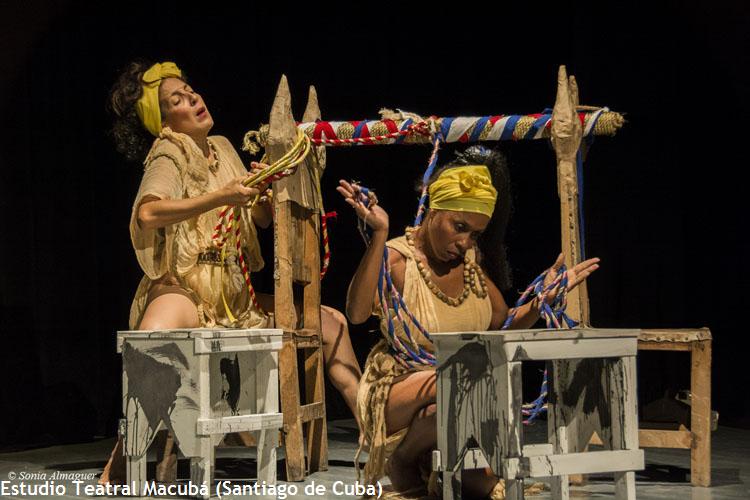
KARICULTURE.NET: Why does the slogan of this edition emphasize the link between theater, society and resistance?
Noel Bonilla-Chongo: An intrinsic capacity of resistance is inherent to theater by convention and conviction.
Theater must be made from the immanence of its social and political contexts, from the urgencies of its women and men, from the hazards that oblige us to define ourselves continuously. “Theater-Society-Resistance” is today an active and a mobilizing condition of attention: the Earth rotates, humans beings emigrate (and also perish) en masse, life feels threatened before the revenge of Nature; let us make the stage an invitation to love, a movement of justice and perpetuity of our species.
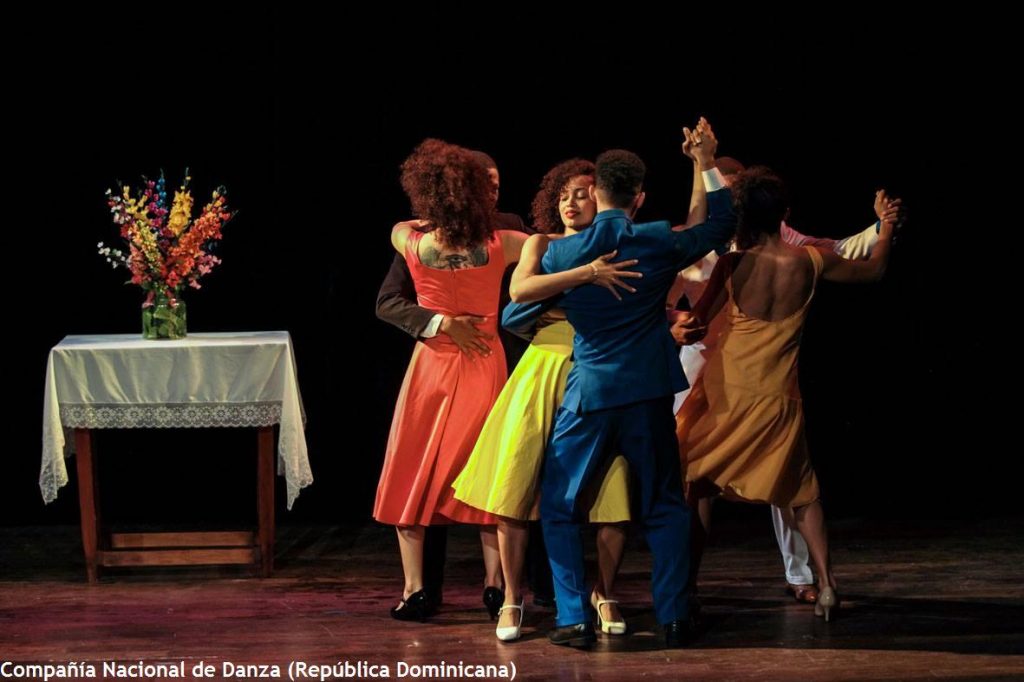
KARICULTURE.NET: On what parameters was based the selection ?
Noel Bonilla-Chongo: For this edition number seventeen, under director Omar Valiño and with support from the National Council of the Performing Arts (producer of the Festival), we held direct and seductive dialogue with several of the best creators (Germany, Argentina, Brazil, Chile, France, Spain, Mexico, Norway, etc.). Of course, our economic sobriety which does not allow us the payment of fees or international transportation continues to adversely affect the selection; however, those who are included in the international selection of the 17th Festival managed the funds to be and to share in Havana.
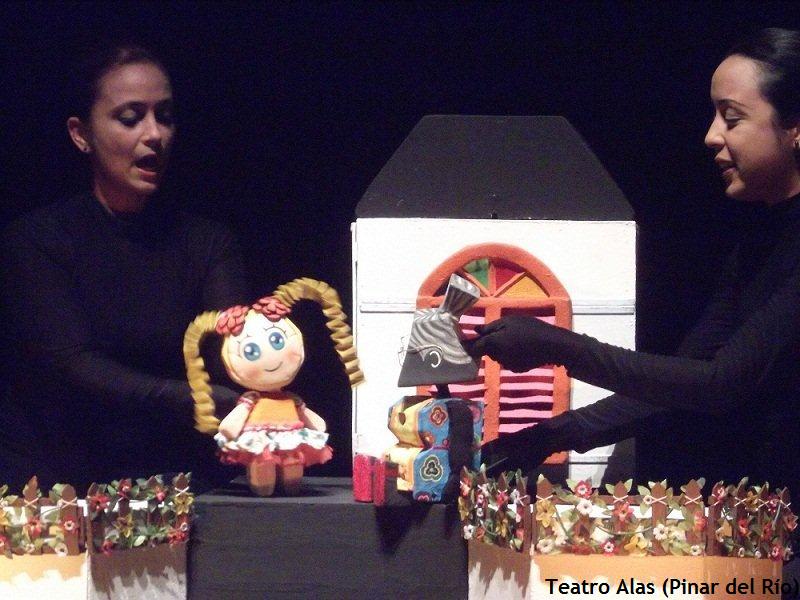
KARICULTURE.NET: What topics will be discussed in the theoretical days?
Noel Bonilla-Chongo: Every day, the Festival starts with discussions, reflections, forums and dismantling of discursive procedures which operate on the concrete practice of theater today. The variety of subjects that we all share, even when the contexts and the means to produce change. The vision of critical scenarios is annexed
to the slogan Theater-Society-Resistance which intentionally is the center of the morning theoretical sessions.
The usual UNIMA Forum will be organized to highlight the challenges of the puppet theater; the themes groups on the difficulties of acting work, of directing and its failures; the management associated with internationalization projects, the networks and platforms for meetings, for traffic etc. Each theoretical day ends with the presentation of publications, magazines, audiovisuals and exhibitions oriented from or to the stage.
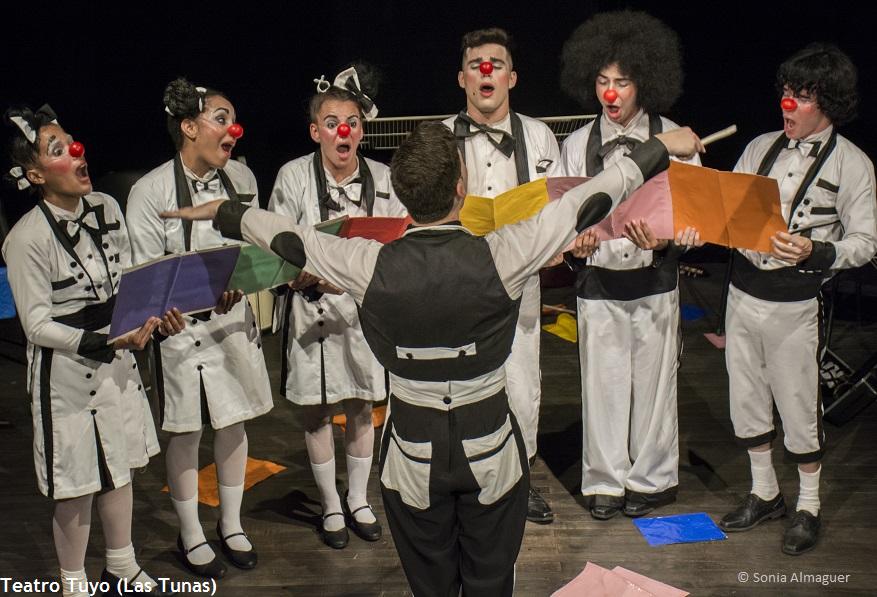
KARICULTURE.NET: What will be the headquarters?
Noel Bonilla-Chongo: In view of the dynamics of this festival, we did not draw attention on a theater personality in the world; but clearly, each of the creative leaders or interveners who will be on the program of the 17th Festival de Teatro de La Habana (FTH), make international headlines of performing arts. They are these discursive modulations that make theater, dance and theatrical thinking today. Between them and us, is ratified the FTH as an enclave for the theatrical exchange from and to our island, as José Martí noted in a timely manner: “In theater, as in everything, we can create in Cuba”.

